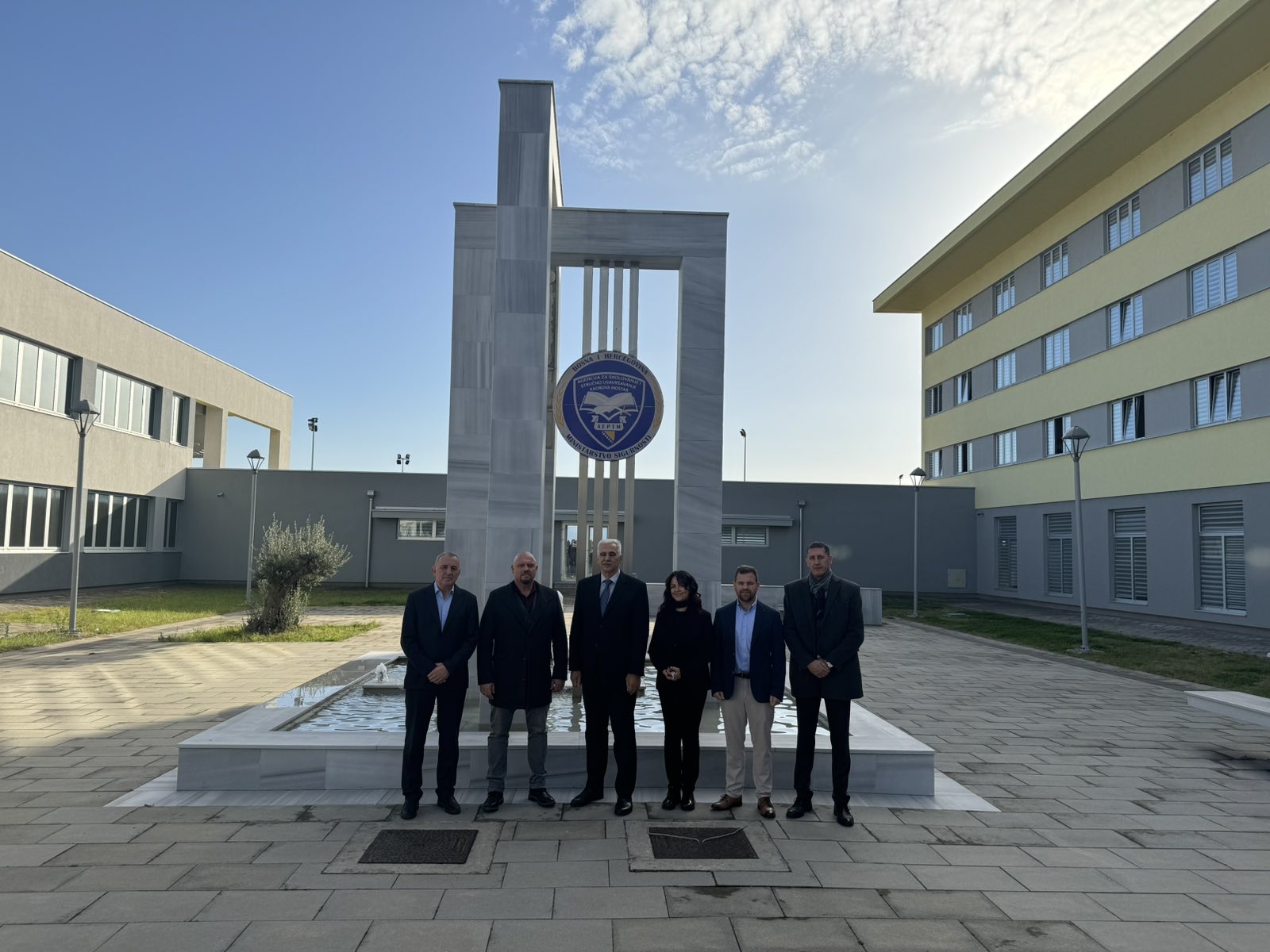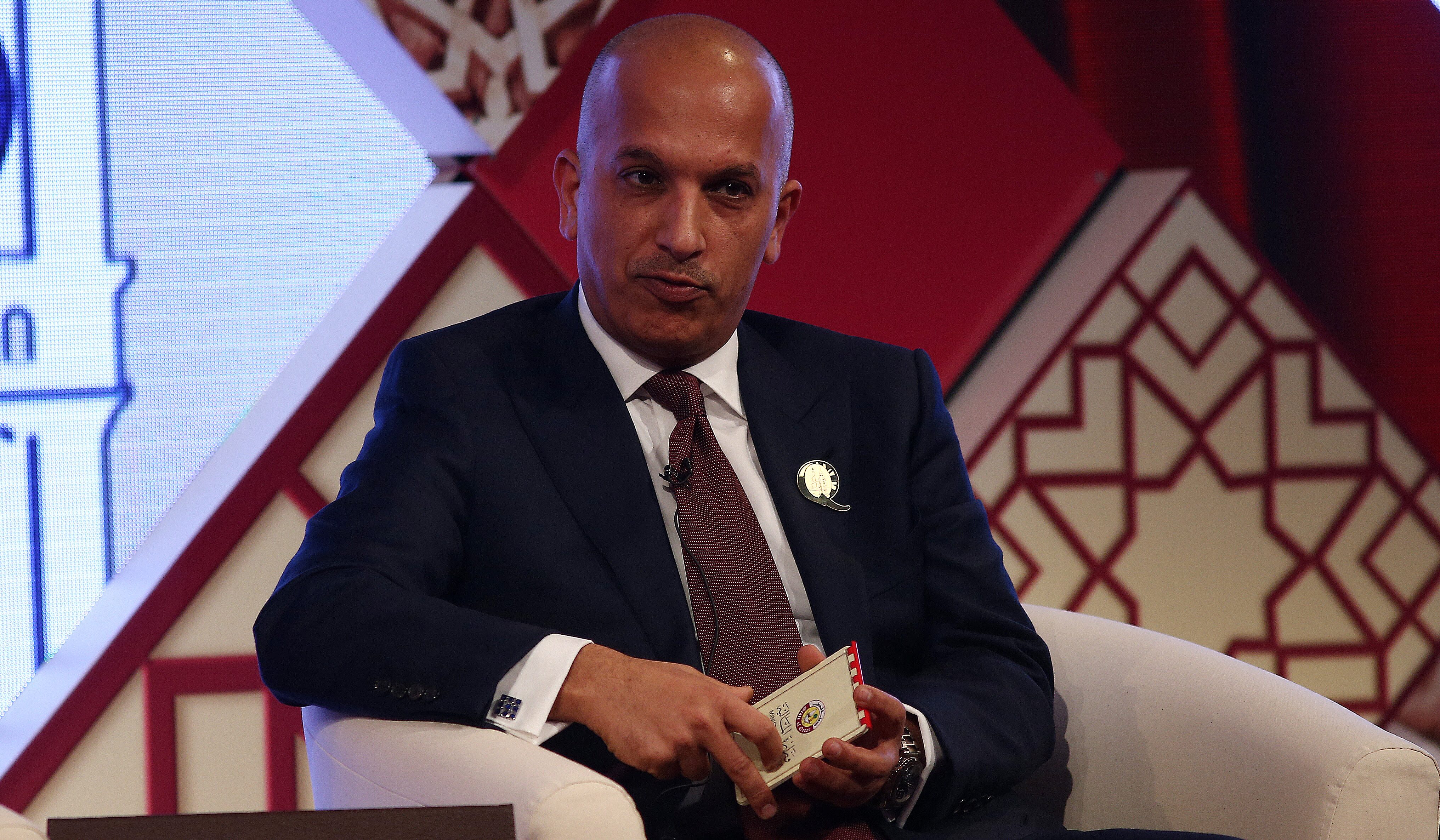Iran"s Threats on European Soil
The alarming news of Iran"s alleged plans to conduct attacks on Jewish targets in Germany has surfaced, revealing the dark underbelly of state-sponsored terrorism. A recent investigation indicates that a Danish national, identified as Ali S., was arrested for surveilling potential targets in Berlin, including the offices of the Deutsch-Israelischen Gesellschaft and the residence of prominent Jewish leaders. This incident is not an isolated one but part of a broader narrative that has been unfolding for years, raising questions about the safety of Jewish communities in Europe.
State-Sponsored Terrorism and Its Implications
As reported by JNS, the involvement of the Quds Force, the elite unit of the Iranian Revolutionary Guard Corps, in these plots signifies a calculated and chilling approach to international terrorism. This covert unit has a notorious history of orchestrating operations beyond Iran"s borders, targeting dissidents and foreign interests. The implications of such actions extend beyond immediate threats; they challenge the very fabric of democratic societies that pride themselves on diversity and inclusion.

Announcement of cooperation with GIZ and the German Federal ...
Growing Fears and Increased Security Measures
The German authorities" heightened vigilance comes in response to increasing intelligence regarding potential attacks. With the backdrop of ongoing military operations in the Middle East, particularly Israel"s interventions in Gaza, fears have escalated that Iranian-backed operatives might act against Jewish and pro-Israel entities in Europe. According to The Wall Street Journal, the arrest of Ali S. is merely one part of a complex web of surveillance activities that the Iranian regime has been conducting for over a decade.
Recruitment of Criminal Elements
The Iranian regime has also demonstrated a disturbing trend of recruiting criminals to facilitate these operations, as seen in a previous case involving a French national in Munich. This approach not only underscores the desperation of the regime but also raises ethical questions about the lengths to which state actors will go to achieve their objectives. The recruitment of individuals with criminal backgrounds reflects a shift in tactics, aiming to exploit societal vulnerabilities for ideological warfare.

Qatar"s ex-finance minister to face trial | Reuters
The Global Response to State-Sponsored Terrorism
As we witness these threats unfold, it becomes increasingly vital for democratic nations to respond with robust policies that protect their citizens without infringing on civil liberties. The narrative surrounding Iranian state-sponsored terrorism must be contextualized within a broader framework of international relations and human rights. Increased security measures, while necessary, should not come at the cost of privacy rights and civil liberties. The challenge lies in balancing national security with the protection of individual freedoms, a delicate dance that requires thoughtful policymaking and vigilance against overreach.

![[Video] Anti-ICE Protester Pepper Sprayed as CBP Agents Disperse Crowd in Minneapolis](/_next/image?url=%2Fapi%2Fimage%2Fthumbnails%2Fthumbnail-1768260677127-y71sb7-thumbnail.jpg&w=3840&q=75)

![[Video] Several injured as U-Haul truck drives through Iranian protestors in Los Angeles](/_next/image?url=%2Fapi%2Fimage%2Fthumbnails%2Fthumbnail-1768176682028-q95y6j-thumbnail.jpg&w=3840&q=75)
![[Video] Scuffle breaks out between Trump supporters and Anti-ICE protesters in Times Square](/_next/image?url=%2Fapi%2Fimage%2Fthumbnails%2Fthumbnail-1768165958203-hgcgb-thumbnail.jpg&w=3840&q=75)


![[Video] Gunfire between Iraqi security forces and Sadr militias in Baghdad](/_next/image?url=%2Fapi%2Fimage%2Fthumbnails%2Fthumbnail-1768343508874-4redb-thumbnail.jpg&w=3840&q=75)
